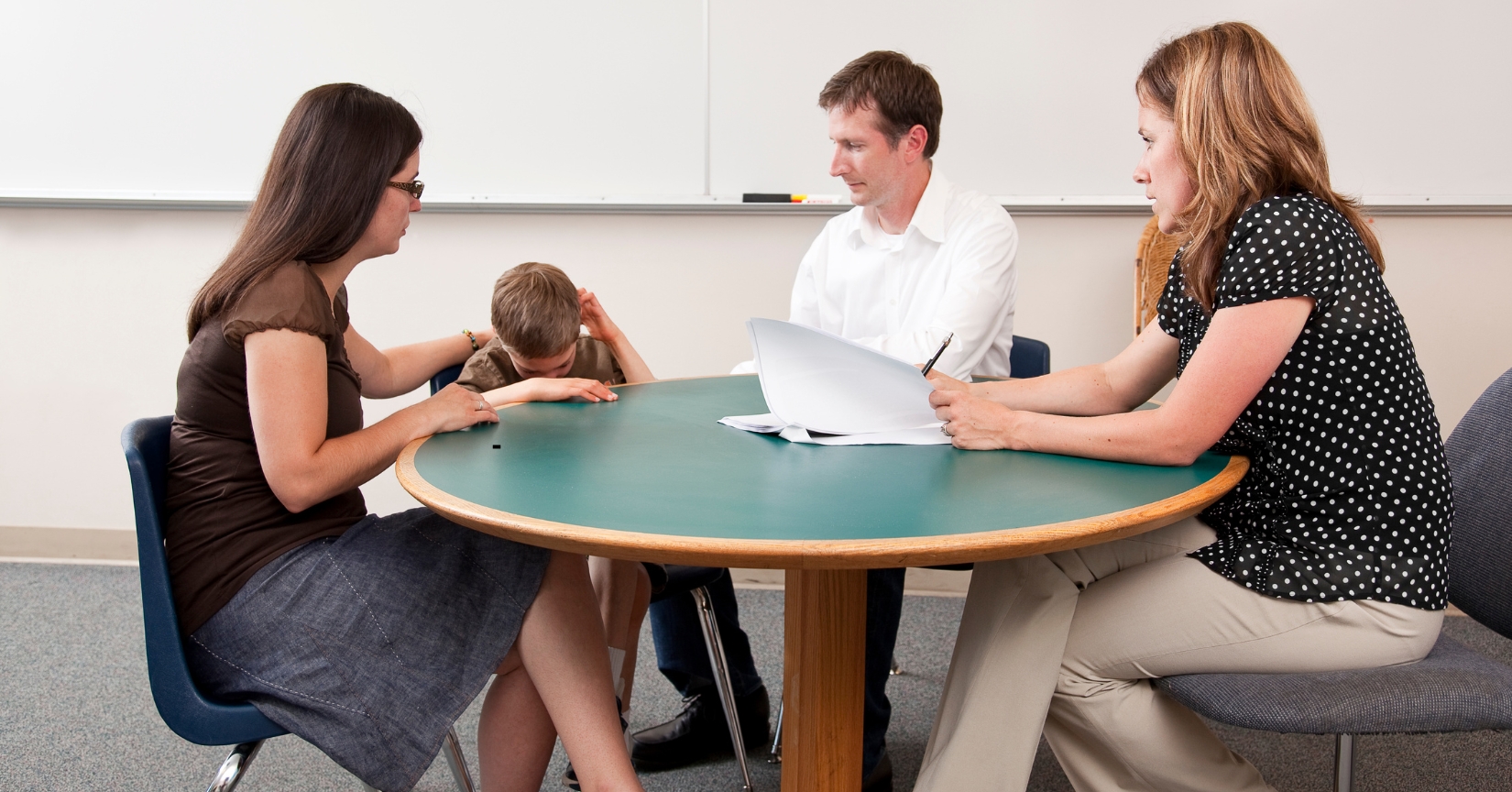As someone who has witnessed the impact first-hand, I can attest to the shocking consequences kids often face when their parents bail them out for skipping school.
It’s a common scenario, far more prevalent than many would think. Parents, in an attempt to shield their children from immediate penalties, unwittingly set them up for long-term setbacks.
In the following listicle, we’ll delve into 6 such outcomes that have emerged from this well-intentioned, yet ultimately detrimental practice.
From distorted perspectives of responsibility to stunted personal growth, these consequences hold mirror to the potential pitfalls of over-protective parenting.
As we explore each point, consider the lasting effects on the child’s life journey, and what we as parents or guardians could do differently.
Stay tuned as we navigate these choppy waters; it’s a wake-up call no parent can afford to miss.
1. Distorted Perception of Responsibility
A fundamental lesson in life is understanding that every action carries a consequence. When parents continually bail their kids out for skipping school, this essential aspect of personal responsibility becomes blurred.
The child may start to believe that they can evade the fallout of their actions, with their parents always there to clean up the mess. This skewed perception can extend beyond school, seeping into other facets of their life as they grow older.
Consider the following potential impacts:
- Reduced motivation to fulfill commitments, seeing them as optional rather than obligatory.
- Difficulty in taking responsibility for personal mistakes in professional settings.
- Increased likelihood of engaging in risky behaviors, under the assumption that someone else will bear the consequences.
This distorted perception of responsibility can have far-reaching implications. Allowing children to face the natural consequences of their actions fosters a healthy understanding of accountability.
2. Stunted Personal Growth
Personal growth is often propelled by stepping out of the comfort zone and facing challenges head-on. School, with its myriad of experiences, plays a crucial role in this development process. When parents bail their kids out for skipping school, they inadvertently hinder their child’s personal growth.
The missed opportunities for learning, both academically and socially, can result in a lack of essential skills. It’s not just the math class they skipped; it’s also the group dynamics they missed out on during a class project, or the chance to build resilience after a poor test score.
Children need these experiences to grow into well-rounded adults who can handle life’s ups and downs. By denying them these experiences, we risk raising individuals who are ill-prepared for the real world and its myriad challenges.
It’s a sobering thought, but one that underscores the importance of allowing children to face the consequences of their actions.
3. Negative Impact on Future Relationships
Having established an unhealthy dependency as a result of parents’ intervention for skipping school, this trait can bleed into the child’s future relationships. It’s not uncommon for such individuals to seek partners, friends, and even professional relationships that mirror their dependency on their parents.
This unbalanced dynamic can lead to a series of unhealthy relationships. They may seek out partners who are overly controlling or enabling, continuing the cycle of dependency. Conversely, they may find it difficult to maintain relationships with those who expect them to take responsibility for their actions and decisions.
This pattern can also make it challenging for them to establish mutually respectful and equal relationships in the workplace. They may struggle with authority figures, expecting them to take on the parental role of bailing them out when they fail to meet obligations.
In essence, the negative impacts extend well beyond school or home – it infiltrates every aspect of their social and professional life.
4. Development of Manipulative Behavior
When parents consistently bail their kids out for skipping school, it can lead to the development of manipulative behavior in children. They might start to see that bending the truth or evading responsibility can get them out of challenging situations.
This manipulation doesn’t just stop at their parents. They might begin to use these tactics with their teachers, friends, and eventually, their professional contacts. It can become a coping mechanism – a way to avoid facing the consequences of their actions.
Such behavior can lead to strained relationships and mistrust among peers and colleagues. Moreover, it hinders the growth of essential traits like honesty, integrity, and responsibility. It’s significant to keep in mind that while bailing out might seem like the easy way out in the short term, it could be nurturing harmful habits that will affect them in the long run.
5. Lack of Respect for Authority
Another consequence often overlooked is that when parents frequently intervene to excuse their child’s school absences, it can lead to a lack of respect for authority in the child. They might begin to think that rules are flexible and can be bypassed without any real consequences.
This disregard for authority can extend beyond school and home. It could color their interactions with law enforcement, managers at work, or any other positions of authority they encounter in their life.
Not only does this make it difficult for them to function within a structured environment, but it also increases the likelihood of conflicts with authority figures. This lack of respect can significantly impede their ability to integrate into society and maintain positive relationships in their personal and professional life.
Fostering respect for rules and authority starts at home and school. It’s an essential part of preparing children for adult life, where rules and regulations are a commonplace.
6. Encouragement of Rebellious Behavior
The final consequence we need to address is the possible encouragement of rebellious behavior. If a child sees that they can skip school without facing repercussions, it can embolden them to push boundaries further.
This could manifest as even more truancy, defiance towards teachers, or engaging in risky behaviors. They may perceive their parents’ interventions as a safety net, allowing them to rebel without fear of consequences.
Rebellious behavior in itself is not necessarily bad; it can be a part of asserting independence and forming an identity. However, when it stems from a lack of understanding of consequences and respect for rules, it can lead to problematic behavioral patterns.
Supporting Your Child’s Education Responsibly
Understanding the consequences of frequently excusing your child from school is just the first step. The next stage of your journey involves learning how to support your child’s education responsibly.
Engage in regular communication with your child about their school experiences. Understand their challenges and offer guidance without enabling avoidance behaviors. Foster a home environment that values education and instills discipline.
If your child is struggling with school attendance, it might be a symptom of a deeper issue. It could be academic difficulties, social problems, or even mental health concerns. Be proactive in seeking help from school counselors, psychologists, or other support resources.
Remember, it’s not about enforcing strict rules but nurturing a deep respect for education in your child. This approach can help foster responsibility, resilience, and a lifelong love for learning – values that will serve them well beyond the school years.
With these strategies, you can support your child’s education journey without resorting to frequently excusing school absences. Instead, you are empowering them to navigate the challenges of school life effectively and responsibly.








